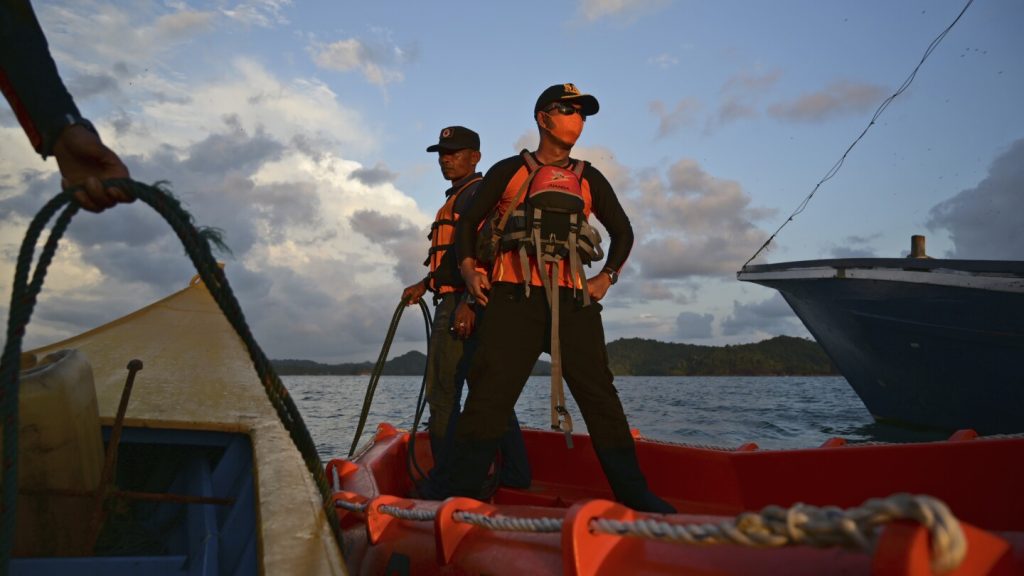The bodies of six more Rohingya refugees have been found at sea off the coast of Aceh province in Indonesia. The boat carrying over 150 people, including women, capsized last week. The United Nations refugee agency confirmed that the women were on board the boat that left a refugee camp in Bangladesh and capsized on Wednesday. Fishermen and search and rescue workers rescued 75 people on Thursday after they were found huddled on the overturned hull of the boat. U.N. agencies have expressed concerns about the missing or dead passengers, with at least 70 feared to be in that category.
The Rohingya minority in Myanmar faces widespread discrimination, as most of them are denied citizenship. About 1 million Rohingya refugees live in Bangladesh, including 740,000 who fled a brutal counterinsurgency campaign in 2017 by Myanmar’s security forces. The campaign was accused of mass rapes and killings, leading to a large number of refugees seeking safety in neighboring countries. Indonesia, like Thailand and Malaysia, is not a signatory to the United Nations’ 1951 Refugee Convention and is not obligated to accept refugees. However, the country generally provides temporary shelter to refugees in distress.
The situation highlights the ongoing humanitarian crisis faced by the Rohingya community, who continue to be displaced and face challenges in finding safety and stability. The discovery of the bodies off the coast of Aceh province emphasizes the dangers faced by refugees attempting to flee persecution and seek a better life elsewhere. The international community, including the United Nations refugee agency, is working to assist survivors and provide support to those affected by the tragic capsizing of the boat carrying Rohingya refugees.
Efforts are being made to address the root causes of the Rohingya crisis and provide long-term solutions to the challenges faced by the community. The need for greater protection of refugees and the promotion of human rights for vulnerable populations like the Rohingya is crucial in preventing such tragedies from occurring in the future. International cooperation and support are essential in ensuring the safety and well-being of refugees and addressing the underlying issues that force people to flee their homes in search of safety and security.
The tragic incident serves as a reminder of the desperate circumstances faced by Rohingya refugees and the importance of international cooperation in providing assistance and protection to those in need. The discovery of the bodies off the coast of Aceh province highlights the risks and challenges faced by refugees on their journey to seek safety and refuge in other countries. As efforts continue to rescue survivors and address the aftermath of the capsizing, the international community must work together to address the root causes of the Rohingya crisis and ensure the protection and well-being of all refugees, regardless of their nationality or ethnicity.


